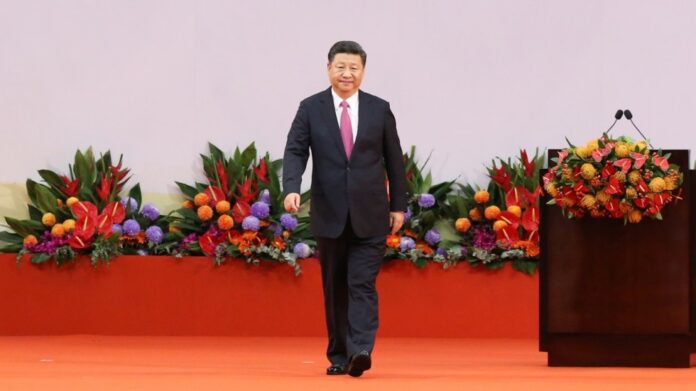Kenya has set up a committee to discuss with China on the possibility of easing the East African nation’s entry into world’s flower market.
Last week, Kenya and China formed a technical work group that will oversee the withdrawal of the four per cent duty on most Kenyan exports to China.
If successful, this will allow flower growers to tap into the growing Chinese market and boost the earnings of the sector, as part of the country’s effort to diversify its markets.
“We are going to have the first meeting next January with China and we hope to have completed negotiations by the end of February.
Our target is to do away with this four per cent tariff to make our products competitive,” Kenya’s Trade Cabinet Sectary Peter Munya said.
In July 2010, China removed tariffs charged on 60 per cent of the goods that it imports from Kenya and 32 other developing countries but retained the levy on cut flowers.
Beijing and Nairobi also signed a memorandum of understating to drive exports of over 40 per cent of Kenya’s fresh produce to the Chinese market that has over 1.3 billion consumers.
Currently, Kenya’s cut flowers are sold to a single economic bloc, the European Union, exposing export trade to vulnerabilities.
Most Kenyan flower reach China via the Netherlands-based international flower auction.
However, Kenya enjoys a duty and quota-free export arrangement in the EU market, and also has a duty-free flower arrangement with Japan.
In the region, it is only Ethiopia that enjoys a duty- free flower arrangement with China.
“This agreement will facilitate export of agricultural products from Kenya to China.
We would love to see more of Kenya’s products on our shelves,” Guo Ce, the economic and commercial counsellor at the Chinese embassy in Kenya, said.
For Kenyan growers — who earned $822.5 million last year — this new development is a boon.
“I haven’t seen the actual documents signed but we are interested in expanding our footprints in China.
Currently our flowers are being charged higher taxes in China, which makes them uncompetitive. We hope that the government will negotiate favourable trade protocols and agreements with China,” Clement Tulezi, the chief executive officer of the Kenya Flower Council, said.
Bobby Kamani, the managing director of Primarosa Flowers Ltd said the government talks with China were welcome development, especially for the flowers sector, given the potential it has.
“We were in China with government officials and we saw the interest. It was an eye opener for us at the expo because Kenyan growers had an unexpected reception in the Chinese market.
We got contacts of flower suppliers who have traditional dealt with Ecuador and Colombia and having an African connection further opens up our access,” Mr Kamani said.
He added that Primarosa has turned around its business model and now does more than 70 per cent of its sales to individual buyers with 30 per cent sales in auctions, a model he believes the Chinese market will sustain.
Some Chinese flower importers have been forced to use a single import and centralised distribution system to lower costs as it allows them to import multiple batches of products at a single time and redistribute them in warehouses scattered across China, which also reduces their tax obligations.
The opening up of the Chinese market now offers bigger opportunities for Kenyan flower farmers and also Chinese importers, who have over the years developed strong interest in the produce.
Chinas Jiuye Supply Chain in Guangzhou has emerged as one of the leading contact firms that Kenyan flower exporters are using.
“We chose to introduce flowers from Kenya to China because of the vast number of varieties they grow, including some that you cannot find in other regions.
We were also impressed by the length of the flowers vase life,” said Qi Bo, the director of Jiuye supply chain department, adding that with a 25 per cent annual increase in demand for the Kenyan flowers should see them double imports from Nairobi to five million stems by the end of this year.
Logistics is, however, still a challenge since only Kenya Airways through its code share with China Southern Airlines flies directly to Guangzhou.
The other options are Ethiopian Airlines flights from Addis to Shanghai, with a two hour transit time, while the Gulf carriers are costly because of connections.
Source: allAfrica
Kenya, China talk on flower tariffs
RELATED ARTICLES




